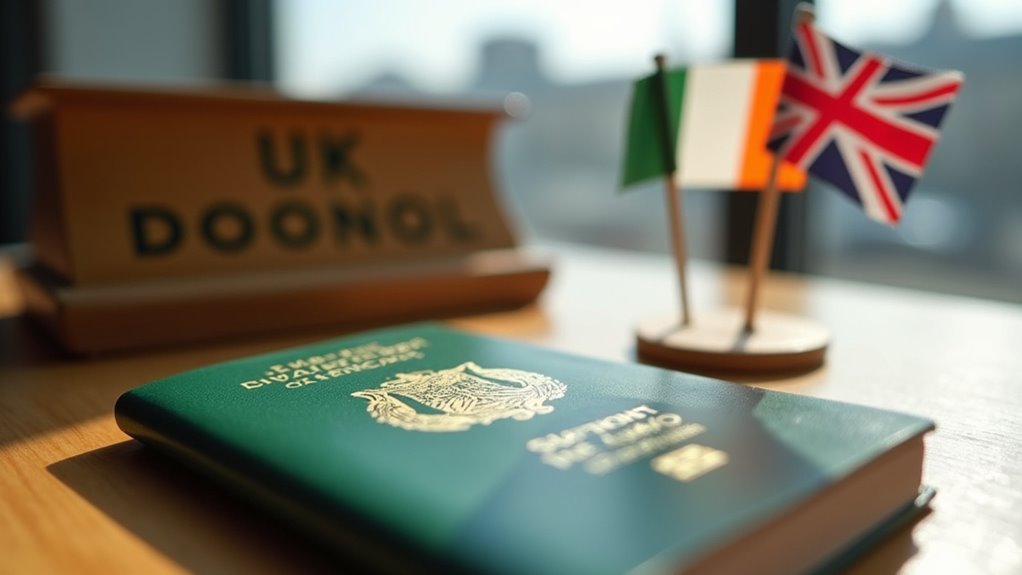Taoiseach Defends Ireland’s Record on Combating Racism and Antisemitism
Defending Ireland’s reputation on the international stage, Taoiseach Micheál Martin stepped forward with the kind of resolute rhetoric that politicians deploy when their nation’s moral character comes under scrutiny—a mixture of righteous indignation and carefully calibrated diplomatic language.
Martin’s defense came wrapped in the familiar cadences of Irish political discourse: passionate yet measured, acknowledging historical complexities while firmly rejecting what he characterized as unfair accusations. He emphasized Ireland’s unwavering commitment to Holocaust remembrance—the kind of solemn pledge that carries weight in international forums, even as domestic realities tell a more nuanced story.
Ireland’s solemn Holocaust remembrance pledges resonate powerfully in diplomatic circles, though domestic complexities reveal a more layered narrative beneath official declarations.
The Taoiseach positioned Ireland as actively engaged against contemporary antisemitism, both online and offline, while condemning the historical silence of leaders who allowed hatred to fester. He highlighted Ireland’s forthcoming Hate Crime Bill, which will criminalize Holocaust denial and create new offenses for incitement to hatred. Recent academic research has revealed that one-third of Irish Christians believe Jews discuss the Holocaust excessively, adding complexity to discussions of historical remembrance.
His words carried the particular gravity of someone representing a nation whose own history with oppression should, theoretically, create natural empathy for persecuted peoples, though survey data suggests that theoretical understanding doesn’t always translate into lived reality.
Government Announces New National Coordinator and Strategy to Counter Antisemitism
Beyond the familiar ritual of political defense—that well-rehearsed dance between accusation and indignation—the Irish government moved to concrete action, announcing the appointment of a national coordinator on combating antisemitism and revealing plans for a thorough strategy that would, in theory, transform rhetoric into measurable change.
The coordinator, a senior official from the Department of Foreign Affairs, would oversee government actions while facilitating dialogue with Jewish communities and international organizations. Think of it as Ireland’s attempt to put its money where its diplomatic mouth is—complete with monitoring duties and policy advice aligned with global standards.
The thorough national strategy promises educational initiatives, legislative measures, and community engagement (because apparently three-pronged approaches sound more official). These measures would complement Ireland’s existing anti-discrimination legislation and National Action Plan against Racism.
The announcement comes amid reports of Jewish schoolchildren experiencing bullying and university students facing increasing hostility in educational settings.
Ireland also formally endorsed the Global Guidelines for Countering Antisemitism and the IHRA Working Definition of Antisemitism in early 2025, signaling standardized commitment amid rising global tensions and pointed American criticism.









